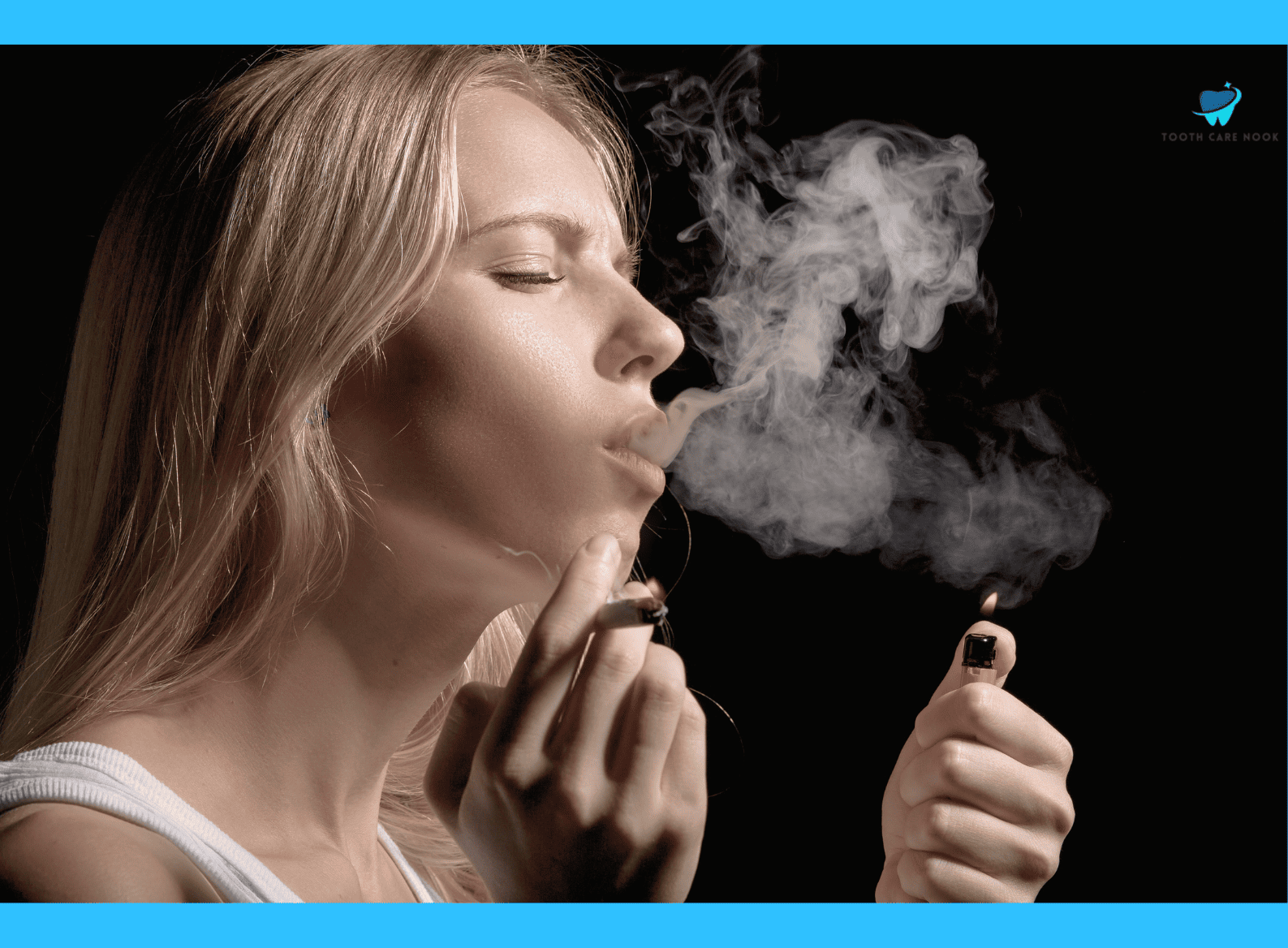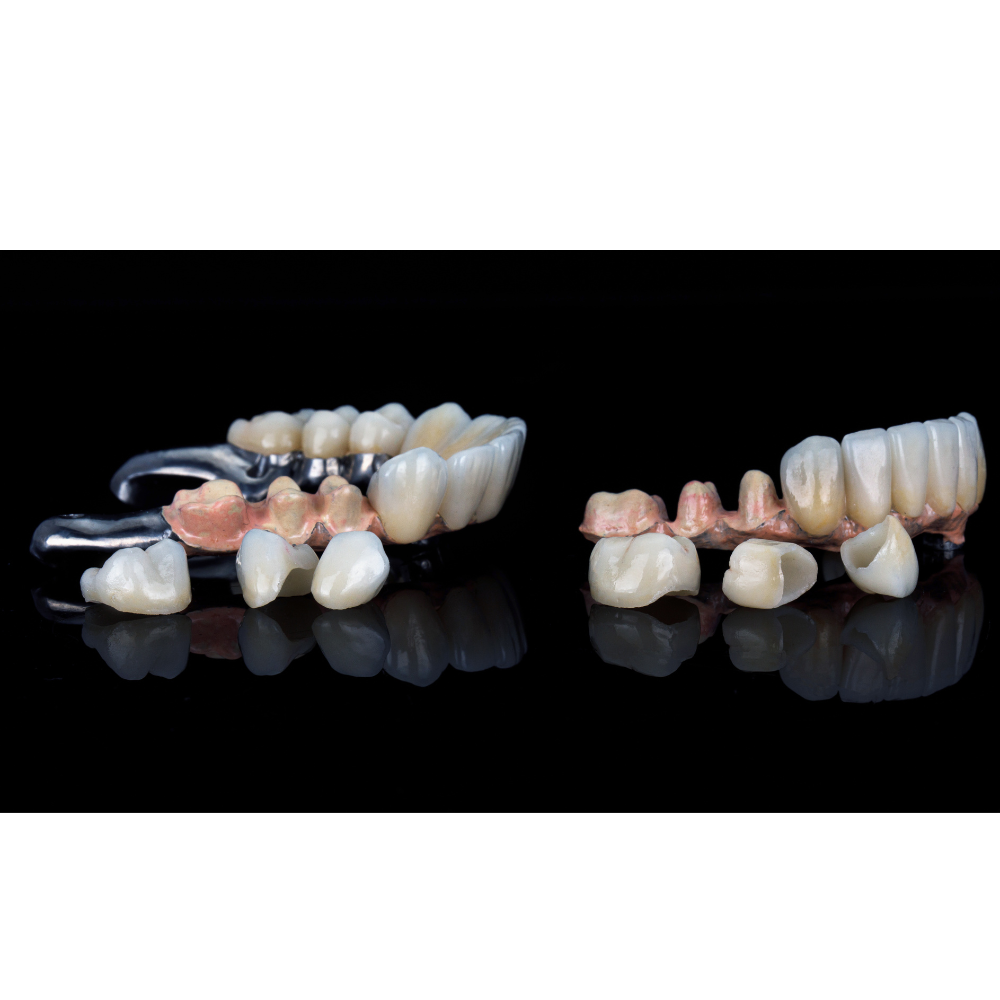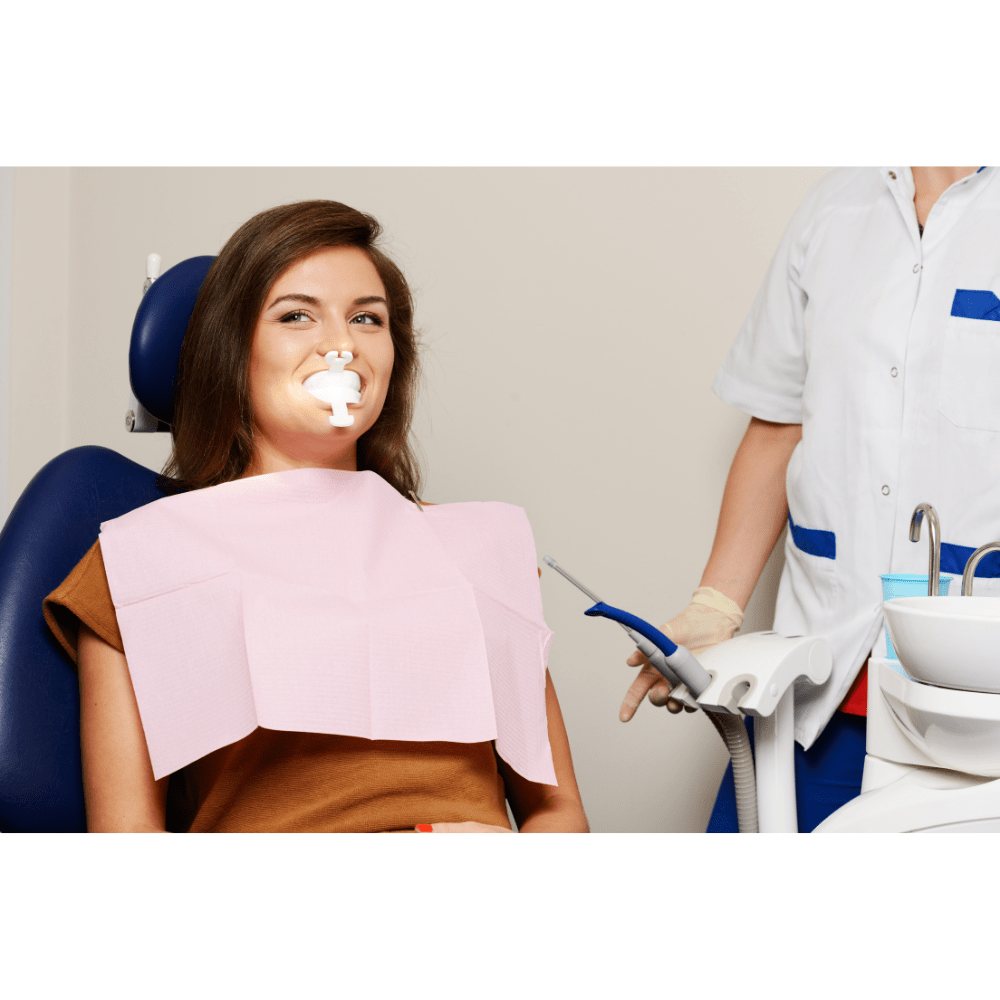Does Brushing Teeth Break Fast | Fast Breaking Things And All
Maintaining good oral hygiene is necessary, but a concern arises when you follow a fasting schedule. This common question can be confused during fasting periods. Don’t worry, this article will help you clear the key aspects of brushing your teeth while fasting.
Also, you will get helpful tips to keep your breath feeling fresh without compromising your goals. So let’s talk about oral hygiene during fasting first.
Oral Hygiene During Fasting
Taking care of oral health is very important during fasting periods. Here’s how to maintain a fresh smile:
- Brush before your fast begins and after it ends. This focuses on cleaning your teeth thoroughly.
- Consider using a mild, fluoride-free toothpaste to minimize accidental ingestion.
Having good oral hygiene goes beyond fasting. Brushing for two minutes twice daily during non-fasting hours is a must for optimal oral health.
Does Brushing Teeth Break Fast?
Brushing doesn’t break your fast. Fasting focuses on abstaining from consuming food and drink. According to most Islamic scholars in the US, brushing likely wouldn’t break your fast.
Alternatives For Fresh Breath During Fasting
Maintaining fresh breath is important during fasting, but traditional methods might raise concerns. Here are some simple alternatives to maintain it:
- Drinking plenty of water during non-fasting hours helps prevent dry mouth, a major culprit for bad breath.
- Gently scraping your tongue with a scraper removes bacteria that contribute to bad breath.
- Consider using sugar-free breath sprays or natural remedies like cloves or fennel seeds.
Things That Can Break Your Fast
Here’s what to avoid to ensure a smooth fasting experience:
- All food and beverages including liquids like juice, coffee, soda, and brushing your teeth break your fast in Ramadan.
- Smoking and chewing tobacco habits involve ingesting harmful substances, which break the fast.
- Flavored gum can stimulate saliva production which leads to unintentional swallowing and breaking the fast.

Does Swallowing Toothpaste Break Your Fast?
According to the majority of Islamic scholars unintentionally swallowing a small amount of toothpaste does not break your fast. The emphasis is on abstaining from deliberate consumption of food and drink.
If you’re concerned or want to be extra cautious, consider using a minimal amount of toothpaste and rinsing thoroughly to minimize accidental ingestion. Also for definitive guidance on your specific situation, talking to a trusted Imam or Islamic scholar is always recommended.
FAQs
Is There A Difference Of Opinion On Brushing Teeth While Fasting?
Yes, there’s a minority view advising extra caution while brushing teeth during fasting. This might involve using minimal toothpaste or rinsing thoroughly to avoid even accidental ingestion.
Does Fasting Mean No Brushing Teeth?
No, fasting doesn’t mean you can’t brush your teeth. The focus of fasting is abstaining from consuming food and drink.
Does Brushing Teeth Affect Fasting Blood Sugar?
Brushing itself doesn’t affect blood sugar significantly. Fasting focuses on abstaining from food and drink, and brushing doesn’t involve ingesting anything.
Some studies suggest a possible link between oral hygiene practices and blood sugar control. Studies have shown that people who brush their teeth more frequently might have lower levels of glucose in their saliva. This could translate to slightly lower blood sugar levels.
Can I Gargle While Fasting?
Gargling with water while fasting is generally permissible if you don’t swallow any water. The gargling doesn’t involve swallowing, so it wouldn’t break your fast according to most Islamic scholars in the US. However, be mindful to spit out the water completely after gargling.
Are There Concerns About Bad Breath During Fasting?
Yes, bad breath can be a concern during fasting due to reduced saliva production, food particles, and ketosis. Avoid foods with strong odors like garlic and onions during the pre-dawn meal.



